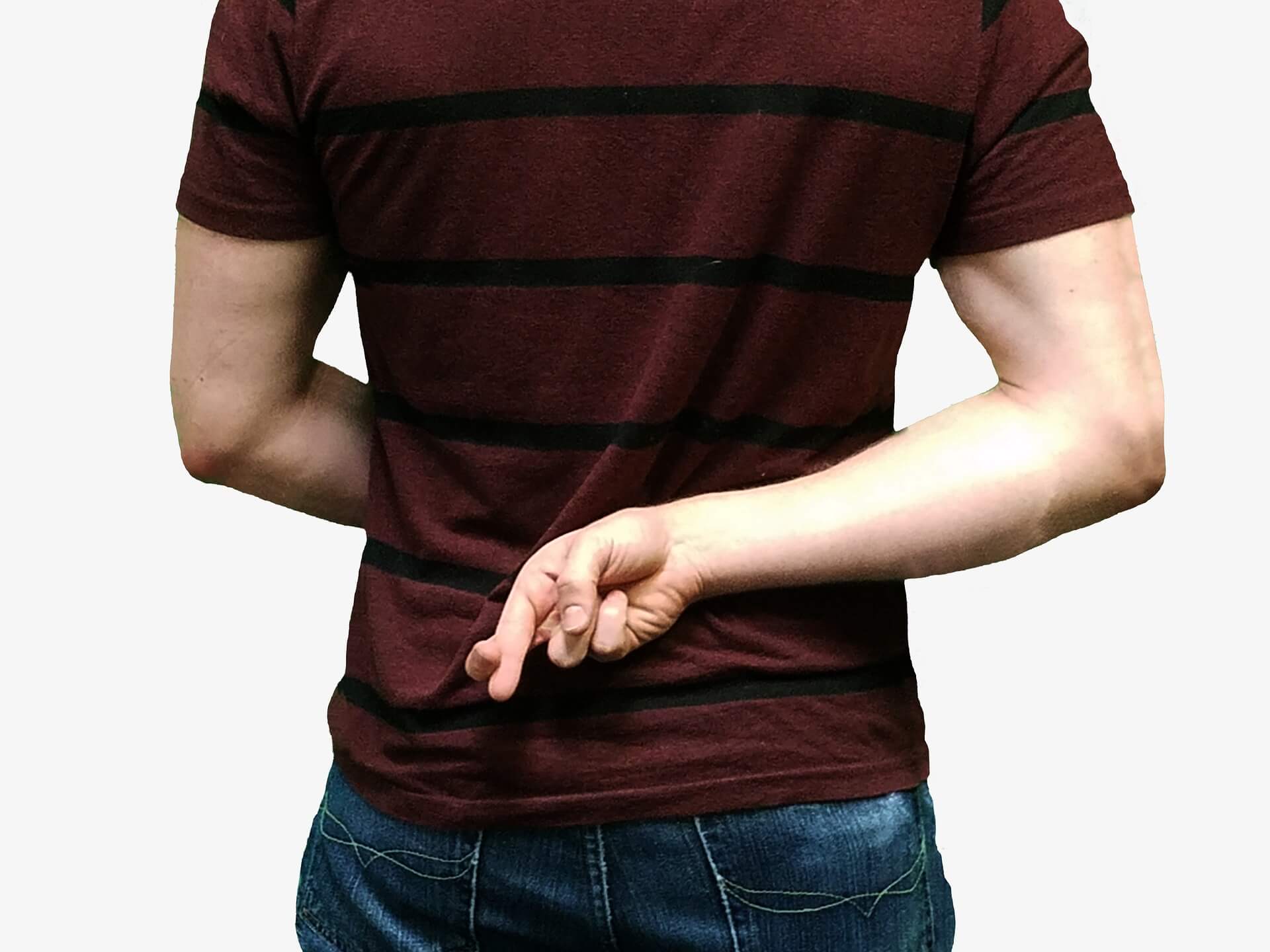GET IN TOUCH
Please contact us for more information. Our email is monitored seven days a week and we will get back to you shortly.

There were three adult children, Gloria, Max and Nate – each of whom had been promised a third of their parent’s estate including the family home by their father. As is common, when their father died, everything was left to their mother. As time went on, the mother was eventually unable to care for herself at home. Wanting to keep their mother in her home, Gloria, unwilling or unable to care for their mother herself, made a deal with her brother, Max: if he moved back to Victoria, BC, Canada from England to care for their aging mother until her death, that she would agree to sell to him her expected one third interest in the family home, a home that had been built by their father some 60 years earlier. The home having special meaning to Max, Max packed up his life and made the move, caring for their mother until her death three years later in 2010.
Gloria held sway with their mother – so much so, that upon their mother’s death, Gloria revealed that their mother had transferred all of her assets to a trust of which Gloria was the only beneficiary. Gloria’s actions resulted in the entire disinheritance of both brothers, betrayed by a sister who used her influence over their mother to exclude them from the estate. To make matters worse, Gloria then proceeded to refuse to sell to Max the interest in the family home, breaking the pledge she had made to him.
Dismayed, Max sought to right the wrong that had been done and disputed the estate – suing not only for his fair share of the estate from the disinheritance but, also to hold his sister to the promise she had made to sell Max a one third of interest in the family home.
The disinheritance went to trial and the trial judge found Max’s sister had exerted undue influence over her mother in causing the mother to put all of her assets in her daughter’s name. As a result, the judge ordered all of the assets back into the mother’s estate, and divided the estate equally into thirds. Importantly, the trial judge also found that Max’s sister had to make good on her promise to sell her one-third interest to Max, because although the sister did not own the interest in the home when she made the promise, it was reasonable for Max to expect that Gloria would after their mother died.
In holding Max’s sister to her promise, the trial judge found the key components of “proprietary estoppel” were met: there was a promise by the sister, that Max reasonably relied on, that was unfairly broken and caused Max detriment. However, Max’s sister appealed to the BC Court of Appeal, and two of three judges found that Max’s sister could not be held to her promise because she didn’t own the one-third interest in the home at the time she made the promise, and it was not “certain” that she ever would.
Is it reasonable to require certainty when making a promise about something that a person does not own at the time the promise is made (but is likely, but not certain, to own in the future)? Are contingent promises valid – or are those who rely on them without recourse if the promise maker reneged? These questions merited an appeal to the Supreme Court of Canada, which heard the case on May 26, 2017.
League and Williams’, Darren Williams appeared before the 9 judges of the Supreme Court of Canada to argue the case on Max’s behalf. Mr. Williams argued that the BC Court of Appeal was wrong in insisting there be absolute certainty in the sister’s ability to make good on the promise. What followed was a lively debate with the 9 justices on the level of probability needed in order for a person to be held to the promise that was made. Does the outcome of the promise have to be as certain as death or taxes? Or is reasonable probability enough?
The decision of the Supreme Court of Canada is expected in the fall of 2017. Those who are making contingent promises and those who are relying on those same promises should look forward to the clarity this case may bring to this area of law in Canada. This blog will be updated once the decision is issued.
Have an estate dispute? The lawyers at League and Williams are here to help and will fight for your fair share of an estate. We serve clients across British Columbia, offer free consultations and do not get paid until you do. We may be contacted at 250-888-0002 or via email at info@leaguelaw.com. If you have suffered an unfair disinheritance, do not delay, it could cost you your fair share of an estate.